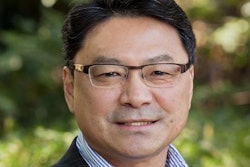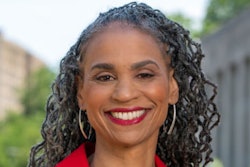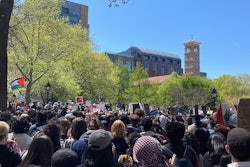As the world awaits the U.S. Supreme Court’s decision on the constitutionality of affirmative action, the Mellon Foundation, a nonprofit that makes grants related to higher learning, among other areas, recently convened a panel to discuss how America got to this moment and what might come after. The participants were not optimistic.
“To be very clear, the court is overruling affirmative action,” said Melissa Murray, the Frederick I. and Grace Stokes professor at New York University Law School. “You can bet money on it.”
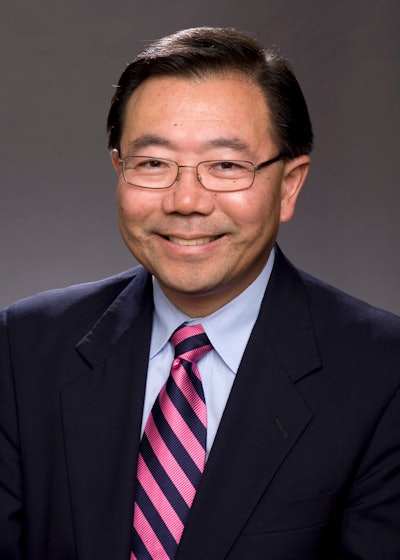 Stewart Kwoh, co-founder and co-executive director of the Asian American Education Project
Stewart Kwoh, co-founder and co-executive director of the Asian American Education Project
A primary motivation for the anti-affirmative action sentiment is a form of anxiety generated by white supremacy, according to Murray. It’s a fear that some white people have that, because of economic backsliding in the United States, that they’re moving further away from success to which they are entitled. And, the panelists said, that fear has created conditions in which some Asian Americans have allowed themselves to be used to divide minoritized populations along ethnic lines. They broadly agreed that the plaintiffs who are suing Harvard and the University of North Carolina, claiming that their affirmative action policies discriminate against Asian Americans, do not represent the views of that group as a whole.
“Opponents of affirmative action found a small group of Asian Americans to do this wedge work,” said Kwoh, citing a poll that found that 69% of Asian American registered voters support affirmative action.
Kwoh said that it was necessary to do a better job of organizing communities to prevent a feeling of competition between racial groups and discussed the long history of alliance between African and Asian Americans, pointing out that Frederick Douglass was one of the first to speak out for the rights of Chinese immigrants.
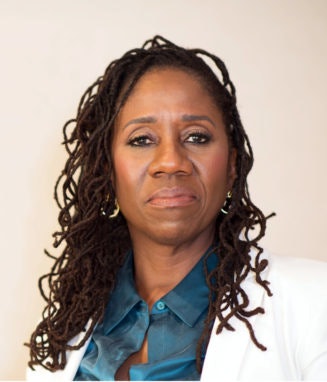 Sherrilyn Ifill, senior fellow at Ford Foundation and former president and director-counsel of the NAACP Legal Defense Fund
Sherrilyn Ifill, senior fellow at Ford Foundation and former president and director-counsel of the NAACP Legal Defense Fund




